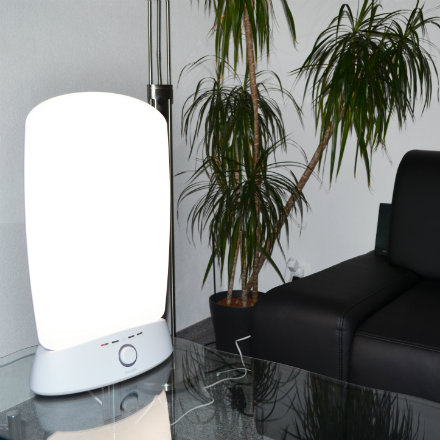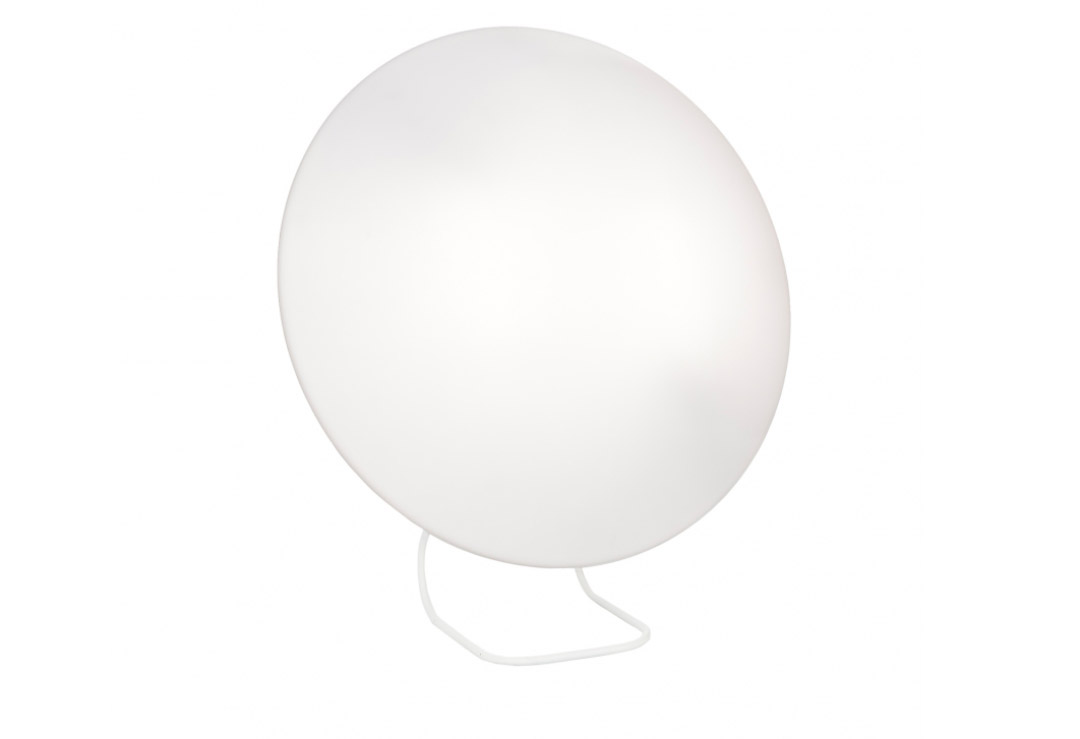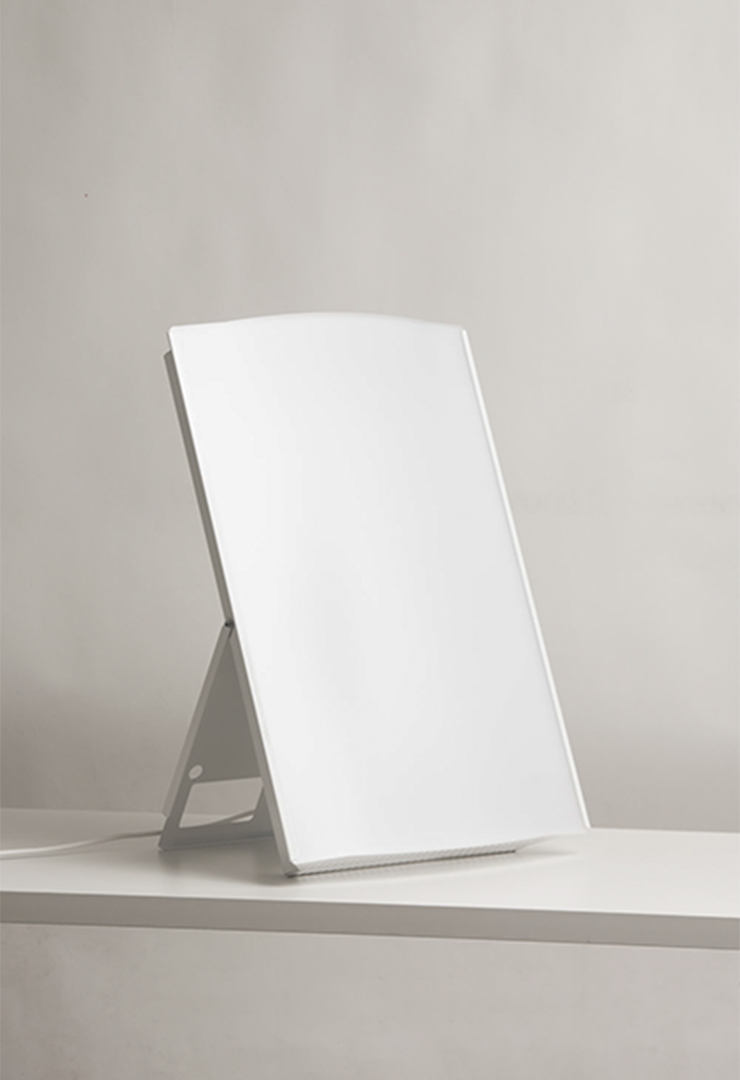As recent research shows, light also affects a person's body and mind regardless of the time of day. Two studies investigated the effect of light, which was administered during the day when the darkness hormone melatonin does not come into play. The results showed a reduced subjective fatigue and an increase in psychomotor alertness.
Furthermore, an established group of Swiss researchers came to the conclusion that transcranial light, which was administered at night, does not inhibit the melatonin and also does not improve efficiency at night. This thus suggests that there must be alternative ways through which light unfolds its awakening effect.
These include light-sensitive opsins (OPN3 and OPN4) that are now the focus of new studies on animals and humans. This opsins are distributed behind the retina in the brain and prove the fact that the brain itself is sensitive to light.
Thus the encouraging and mood-brightening effect of light can also be taken advantage of without a reduction in melatonin. The Valkee daylight headset is based on this alternative way of thinking, where the Valkee team is committed to continuous research on the mechanism and the clinical effect of transcranial light therapy, in order to offer all those suffering from SAD an alternative to the traditional light therapy.
Wellnessproducts > Light therapy > Valkee research
Light doesn't just act via the 'sleep hormone' melatoninThe uplifting and mood-lifting effects of light are not just a result of the interaction with the hormone melatonin. Now, while the research initially focused on the study of light at night, there is evidence that the brain itself is sensitive to light.
 Published on 17.09. by  Light therapy Light therapyDo rainy days or the dark winter months leave you feeling a bit gloomy? Try using a light therapy machine to add some natural light to your life - revitalizing and reenergizing your mood.  Innjok Rondo 400 LED Bright Light Lamp: round, CHF 244.00 Innjok Rondo 400 LED Bright Light Lamp: round, CHF 244.0010,000 lux at 24 cm distance, LED 22 W, Ø 40 x 47 x 12 cm  LED Desk Lamp Promed LTL 749, 15 x 44 x 42 cm, CHF 69.00 LED Desk Lamp Promed LTL 749, 15 x 44 x 42 cm, CHF 69.00Daylight-like light, particularly flexible adjustability  Innosol Supernova LED bright light, 160W LED , CHF 599.00 Innosol Supernova LED bright light, 160W LED , CHF 599.00With dimmer, 10.000 lux at 85 cm distance, 160W LED, 63.5 x 40.5 x 11 cm |
- FREE DELIVERY (ECONOMY)
- Safe shopping: Payment with invoice, credit card, Paypal or Postfinance
- Warehouse in Switzerland (Widnau SG)

